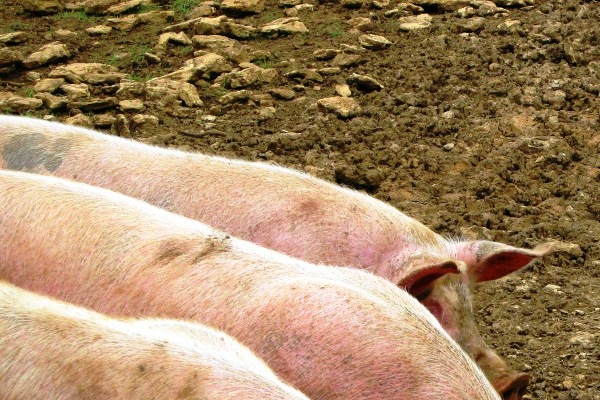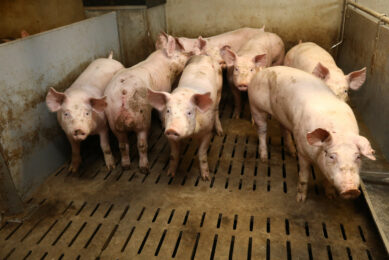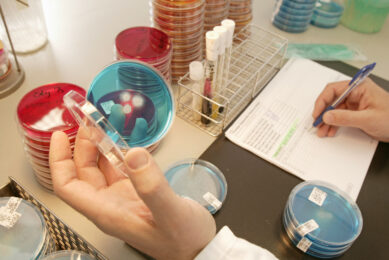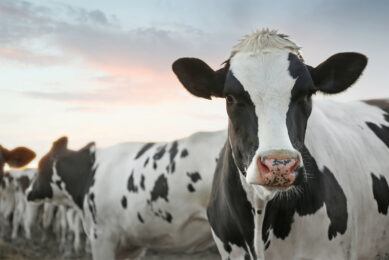France discusses antibiotic resistance in pigs

In November 2011, France launched a national plan to combat antibiotic resistance, compatible with European animal health recommendations.
Among the precautions taken for pigs, the plan included a moratorium on 3rd and 4th generation cephalosporine use (not used preventatively on piglets, use only after an antibiogram), and limitation of the application of fluoroquinolones (no use before antibiogram, for example).
It is quite difficult to know precisely what a given farmer’s antibiotics use is, and whether the treatment is preventative or curative. To uncover this, IFIP (Institut Français du Porc) set up an investigation targeting antibiotics use at the farmer’s level. The investigation reports the number of treatments on animals, number of days under antibiotic treatment, and the selection pressure (% of pig weight treated by day on a farm).
The results confirmed suspicions that tetracycline use is too high. The reality is, that in France pigs are given around 100 mg of tetracycline/kg (or 100 ppm). It also confirms that piglets around weaning are the main target of antibiotic treatments, and that a good management of antibiotic use in pig production must focus on this physiological stage, in order to reduce antibiotic use/abuse in future.
At a meeting on antibiotic resistances, IFIP listed these main points:
- feed formulation for first age piglet (less nitrogen matter, barley to secure digestive health…),
- feeding (lot of small feeding better that huge amount of feed once a day),
- water (clean, access to watering place…),
- housing (0,20 m2/piglet, temperature…),
- management (less group mixing as possible, homogeneity regarding weight and age in the groups…) and
- cleaning/desinfection practices.
Experts are insisting on more lab analyses (antibiogram), but also desire that the manner in which antibiotics are administered is changed, e.g. less through medicated feed and via drinking water.
“In ten years,” said Isabelle Corrégé, “antibiotic use has already fallen, in tandem with increasing good management practices, new vaccines and alternative uses. De-medication is driving a lot of innovations seen at the stands at SPACE.”











